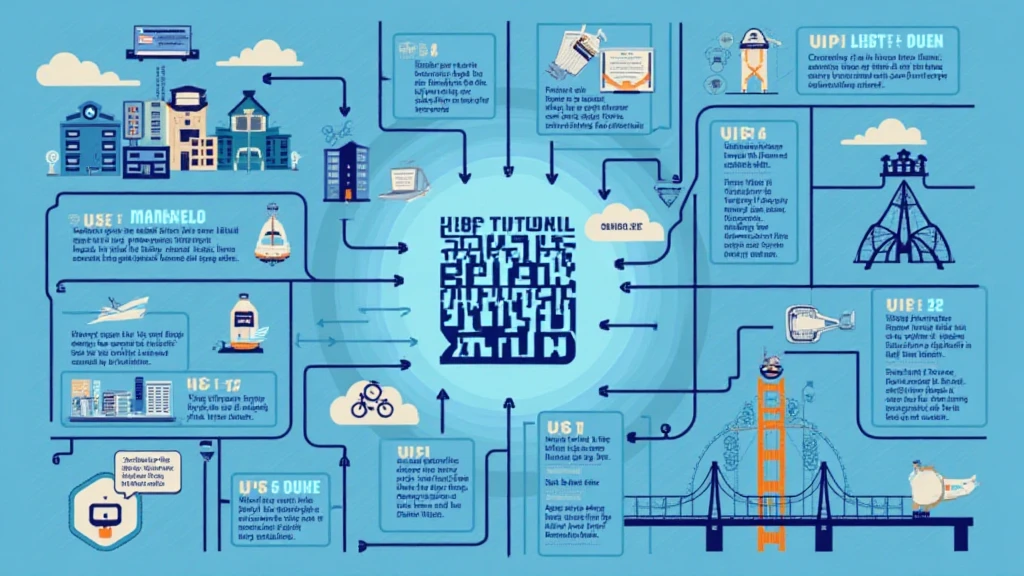2025 Cross-Chain Bridge Security Audit Guide
According to Chainalysis data from 2025, a staggering 73% of cross-chain bridges exhibit vulnerabilities, putting user assets at serious risk. With the rise of decentralized finance (DeFi), securing encryption keys has never been more critical, especially through strategies like HIBT encryption key management.
What is Cross-Chain Interoperability?
Picture this: you’re at a global currency exchange, where you can trade dollars for euros. Cross-chain interoperability functions similarly but in the cryptocurrency world. It allows different blockchain systems to communicate and transfer assets across each other. Without effective encryption key management, users are left vulnerable to hacks and losses.
How Do Zero-Knowledge Proofs Work?
Imagine you want to prove you have a ticket for a concert without showing your actual ticket. That’s what zero-knowledge proofs do in the crypto space. They confirm you possess certain information without revealing it. Implementing HIBT encryption key management with zero-knowledge proofs enhances this security, ensuring user data remains private while granting access.

The Impact of PoS Mechanism Energy Consumption
Think of Proof of Stake (PoS) like a restaurant where you earn meals based on how many meals you’ve bought. The more you invest, the more you can earn back. However, the energy costs of running these mechanisms can raise concerns. By adopting HIBT encryption key management, blockchain technologies can improve energy efficiency while keeping transactions secure.
What’s New in Singapore’s DeFi Regulation for 2025?
In Singapore, DeFi is becoming a hot topic as regulations evolve. For instance, you might know how supermarkets have rules to ensure food safety. Similarly, DeFi regulations aim to protect users. Equipped with HIBT encryption key management, developers can meet compliance standards more effectively, paving the way for a safer DeFi market.
In conclusion, navigating the future of blockchain security requires innovative solutions like HIBT encryption key management. If you’re interested in enhancing your crypto security strategy, download our comprehensive toolkit today!
**Disclaimer:** This article is not investment advice. Always consult local regulatory bodies such as MAS or SEC before making decisions. For personal key safety, consider using hardware wallets like Ledger Nano X to reduce the risk of key exposure by 70%.
For more insights on securing your digital assets, check out our cross-chain security whitepaper and channel insights.
By: Dr. Elena Thorne
Former IMF Blockchain Advisor | ISO/TC 307 Standard Developer | Author of 17 IEEE Blockchain Papers


